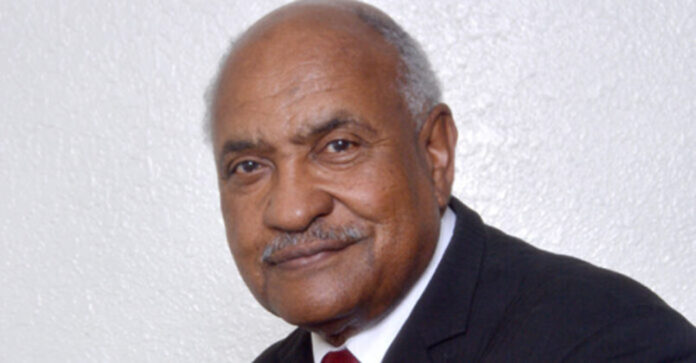
By Dr. John E. Warren, Publisher, The San Diego Voice & Viewpoint
Recently, an issue came before the San Diego County Human Relations Commission (HRC) that asked for a vote on an LGBTQ Resolution. One member of the Commission, who happens to be a member of the Clergy, voted against the matter when put to a vote. When pressed by other members as to the reason for his vote, he expressed that the matter was against his beliefs as a member of the Clergy following Christian doctrine as presented in the Bible. He cited chapter and verse. Eventually, in sequent meetings, there was a call for his removal from the Commission which only the appointing Board of Supervisors could do. The matter failed but raises a much bigger issue for the HRC because the explanation given came from the Bible and was subsequently called Hate Speech.
First, let it be clear that a disagreement with one’s lifestyle, religious beliefs, or the lack thereof based upon the stated doctrine of a religious belief is not hate speech in and of itself. While the Mosaic laws of the Old Testament did speak violence against lifestyle choices that also spoke against sex outside of marriage, the New Testament reality of grace and forgiveness left the issues of choice, in terms of what was considered sin or salvation, to the individual.
If God allows personal choice with the statement of future consequences with love and forgiveness on the table, there is no need for man to go beyond God.
The Establishment Clause of the First Amendment to the United States Constitution follows this concept of choice. It says “Congress shall make no laws abridging the right of religion”. This simply means that there can be no “State Religion”. Each person is free to choose the religion or lack of religion of their choice. Likewise, each person is free to choose the lifestyle of their choice without interference from the state or their fellow man. This does not mean we have a right to attack those who disagree with us any more than they have a right to attack us because they disagree with us.
It is imperative that the Human Relations Commission and its members understand these points of difference if they are to succeed with their mission of healing and understanding, which does not require the abandonment of individual points of view, but a tolerance for the differences.
The final mission is to register differences and disagreements and move forward.


